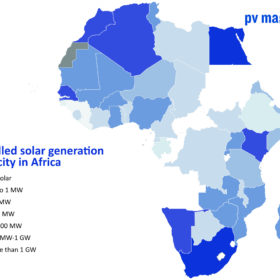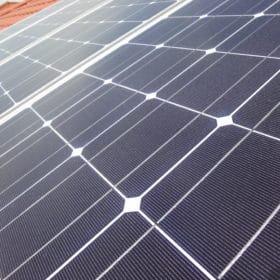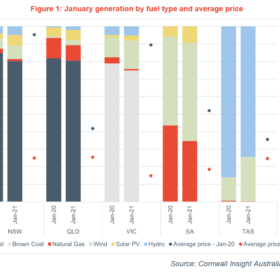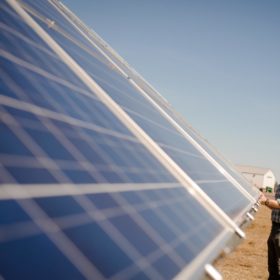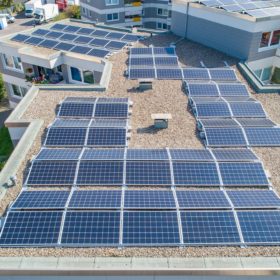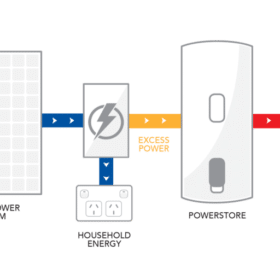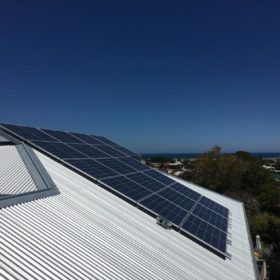Renewables targets falling by the wayside, according to African solar survey
An overview of the state of solar across the continent by trade body the Africa Solar Industry Association has highlighted a patchy policy landscape where clean power ambitions are often not followed through.
Belgium’s Flanders region unveils compensation scheme for PV systems affected by smart meter disruption
The draft regulation has now been sent to the country’s Council of State for review. If approved, the new rules will grant prosumers the right to ask to postpone the installation of a smart meter until 2025. Furthermore, the Flemish government said it will also compensate PV system owners with a sum that should ensure a reasonable investment return of 5%.
Austria allocates 332 MW of PV under 2020 rebate scheme
The Austrian government had devoted €50 million to the scheme for last year. These funds will enable the deployment of 15,957 PV systems.
Australian renewables buck wholesale electricity price trend
There is normally a spike in average wholesale electricity prices in Australia in January. This year, however, increased solar PV and wind generation have bucked this traditional trend.
US scientists claim PV system owners subsidize their non-PV neighbors
Researchers at the Michigan Technological University claim to have demonstrated that PV system owners in the United Stated are unjustly subsidizing electric utilities. Their analysis showed that, thanks to rooftop PV, utilities and their non-PV customers can save money from avoided costs for new grid, reserve, and generation capacity, as well as for avoided operation and maintenance and environmental and health liabilities due to fossil fuel power generation.
Brazil’s PV module demand reached almost 5 GW in 2020
According to a recent report from Brazilian consultancy Greener, the country imported 4.76 GW last year. Domestic PV module makers had a 3.8% market share with around 190 MW in shipped modules. The analyst also revealed that prices for distributed generation PV systems rose by 20% in 2020.
Solar-plus-storage vs grid enhancement in Sweden
Sweden saw extraordinary high spot prices during last summer, due to difficult power transmission from the north, where most of power generators are located, to the south of the country, where most of the demand is concentrated. According to Swedish PV association Svensk Solenergy, solar-plus-storage offers a quick and scalable solution to avoid expensive and slow grid improvements.
South Australia’s hot water systems set to soak in solar
Around 2,400 South Australians will soon be fogging up the bathroom mirror without qualms about the cost of heating water, as Solahart is set to implement a new trial to control hot water systems.
Australia deployed 2.6 GW of rooftop PV in 2020
The rise and rise of rooftop solar PV has established Australia as a renewable energy powerhouse, with new figures from the Clean Energy Regulator (CER) revealing the nation achieved a record in renewable capacity in 2020.
Large-size solar tile from Spain
The product is available both with monocrystalline and CIGS solar cells and is claimed to be the world’s largest solar tile with dimensions of 457 x 510 mm.
